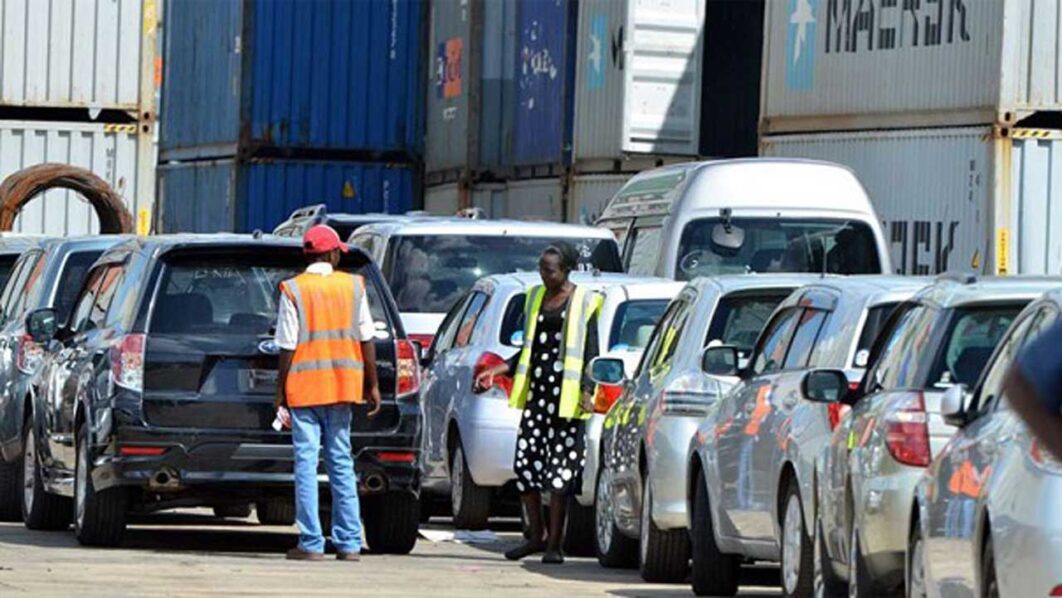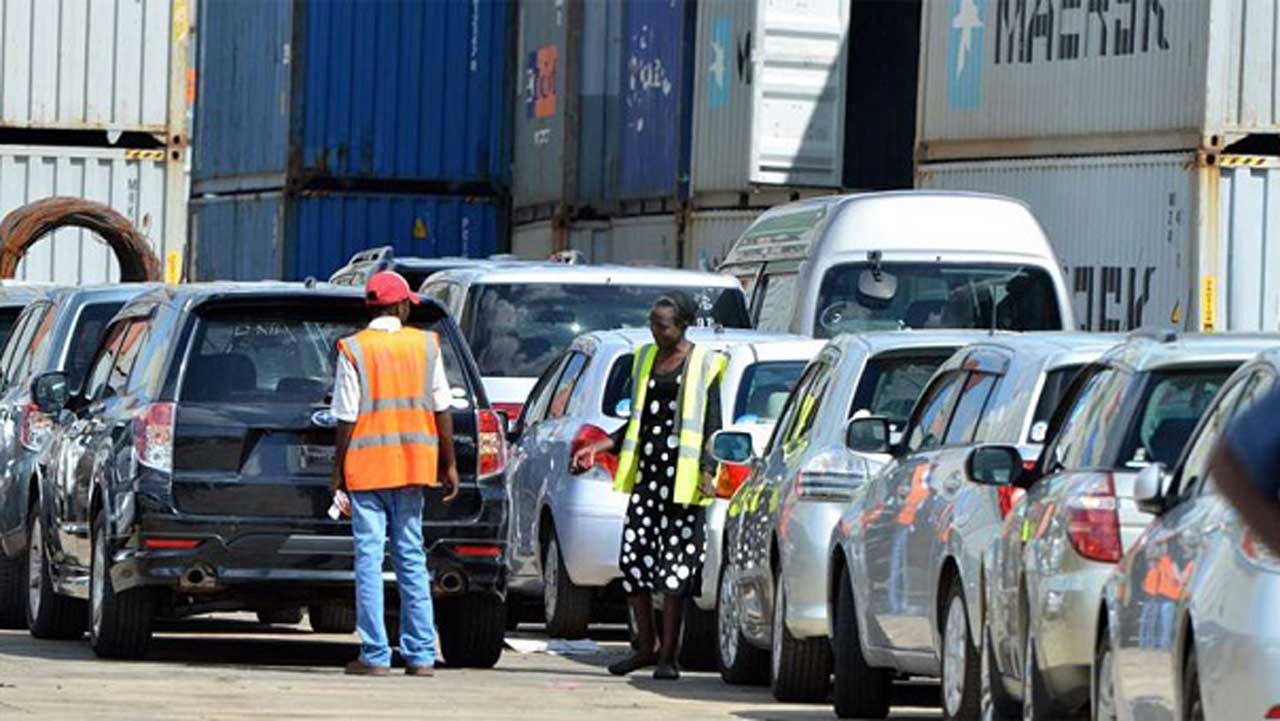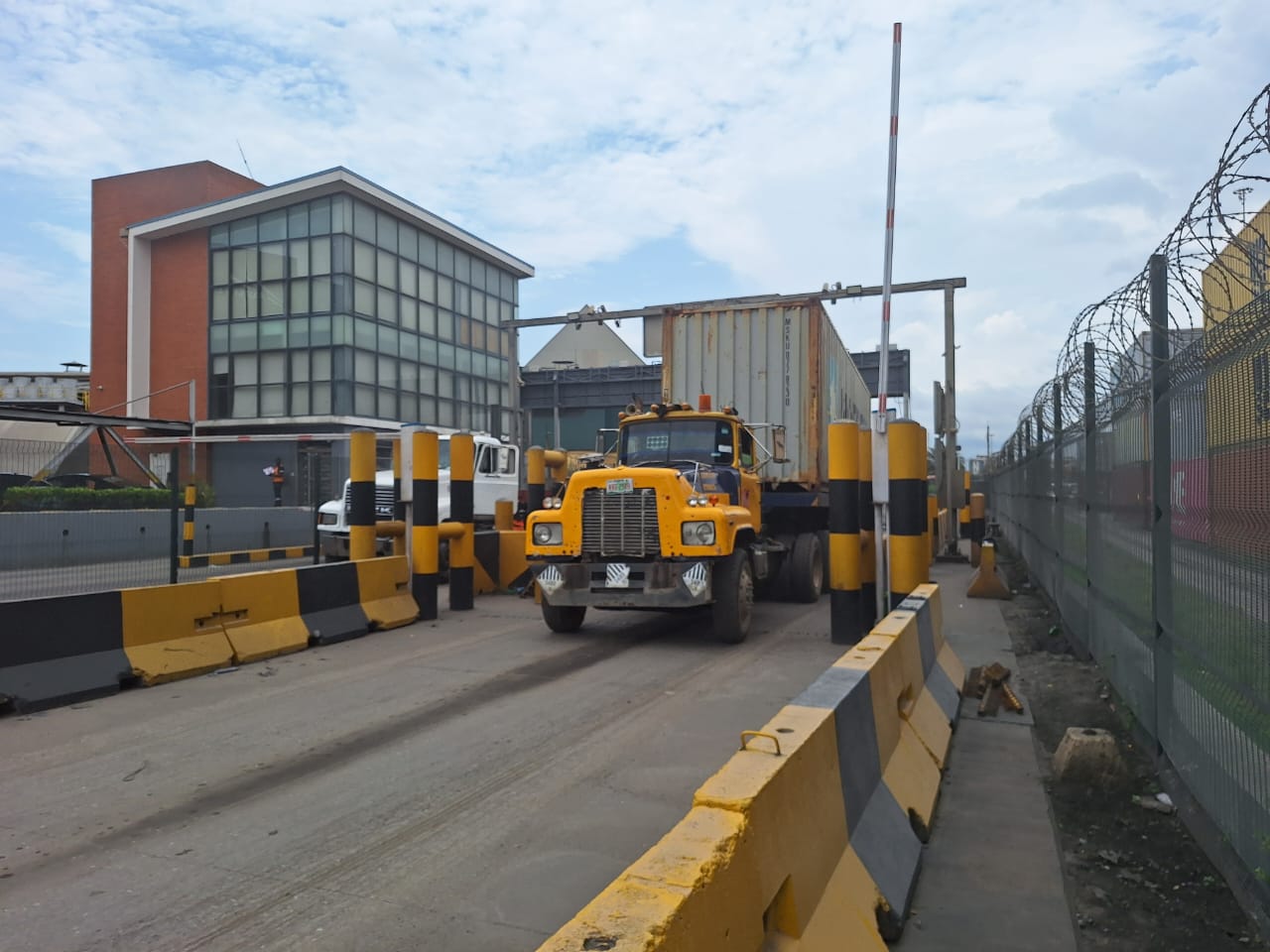
The Federal Government’s high import tariffs, foreign exchange fluctuations and stringent policies are severely hurting the importation of used vehicles into Nigeria.
The Roll-On Roll-Off terminal at Tin Can Island Port appears nearly empty, with only a few uncleared vehicles on the facility. Similarly, the Mile 2 Extension Auto Terminal and the Ports and Terminal Multipurpose Limited (PTML) Terminal at Tin Can Island Port are largely used, with minimal vehicular presence.
A source at the PTML terminal told The Guardian that importers are bringing in fewer vehicles with no vessels discharging cars. A document signed by PTML General Manager, Tunde Keshinro, reported that vehicle imports dropped from 45,000 units in the first half of 2023 to 18,000 units in the same period of 2024.
PTML’s management attributed the 60 per cent decrease to high import duties and taxes on used vehicles. This downturn is confirmed by the National Bureau of Statistics (NBS), which reported that the import bill for used vehicles declined by 83 per cent, from N819.15 billion in the first half of 2023 to N138.62 billion during the same period in 2024.
Quarter-on-quarter analysis showed that no used vehicles were imported in Q1 2024, a stark contrast to the N69.23 billion worth of used vehicles imported during Q1 2023.
By Q2 2024, the value of used vehicle imports was N138.62 billion, marking an 81.5 per cent year-on-year decrease from N749.92 billion in Q2 2023. The National Public Relations Officer of the Association of Registered Freight Forwarders of Nigeria (AREFFN), Taiwo Fatomilola, noted a sharp reduction in vehicle-carrying ships arriving in Nigeria.
He said previously, about three vessels bring in around 2,000 vehicles monthly, but now only one vessel arrives every three months, carrying approximately 300 vehicles.
Fatomilola attributed this decline to high tariffs, foreign exchange challenges, and restrictive policies. He explained that Customs valuation practices, particularly those under the General Agreement on Tariffs and Trade (GATT), negatively impact trade.
According to him, a 20 per cent import duty is applied based on a 2015 valuation, even for older vehicles, with duty costs often exceeding N900,000 to N1,000,000 or more, worsened by inconsistent rates across terminals.
The Manager of Client Services at Inspired Cars, Iwayeye Olatunji, added that car dealers are avoiding imports due to the difficulties in clearing vehicles. He said consequently, most vehicles on the market are Nigerian-used, as imported vehicles are sold at exorbitant prices due to high clearing costs and forex scarcity.
The Public Relations Officer for the Association of Registered Freight Forwarders of Nigeria (APFFLON), Tin Can Chapter, Clinton Okoro, highlighted that RoRo ports, especially Tin Can Port, have seen a severe decline in operations over the past year, largely due to high tariffs and complex customs procedures.
According to him, many vehicles remain stuck at the ports, with importers struggling to clear them. Okoro also pointed out that the system’s reliance on standard Vehicle Identification Numbers (VINs) complicates the clearance process for vehicles with non-standard VINs, especially those from Europe.
While there is hope for improvement, Okoro emphasised the need for a streamlined import process and reassessment of the tariff regime.
“The rate of vehicle importation has dropped drastically. It was as bad as having only eight entries in a single day in 2024. Without addressing the high duties and improving customs operations, challenges in vehicle importation will persist, making it difficult for businesses to thrive,” Okoro said.






